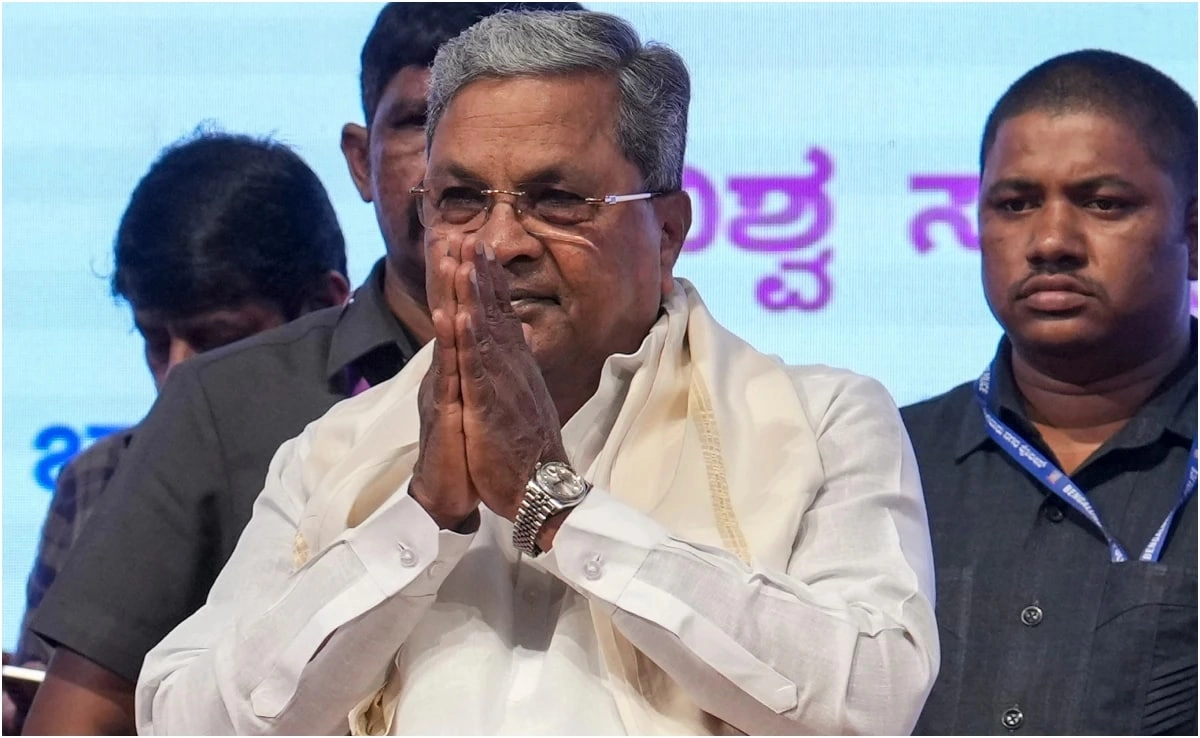A significant controversy has erupted over remarks made by a Tamil poet regarding Lord Ram, one of the most revered figures in Hindu mythology. The poet’s statement, which suggested that “Lord Ram lost his mind,” has ignited a fierce debate across various social and political circles. This incident has not only drawn criticism from religious groups and political leaders but has also sparked discussions about the boundaries of artistic expression and freedom of speech in contemporary society.
The poet’s comments appear to challenge traditional narratives surrounding Lord Ram, raising questions about the role of literature and poetry in critiquing cultural and religious figures. Supporters of the poet argue that creative expression should allow for provocative interpretations, while detractors view the remarks as an affront to Hindu sentiments. This clash of perspectives highlights the complexities of navigating cultural sensitivities in an increasingly polarized environment.
Political reactions have been swift, with calls for accountability and respect towards Hindu deities. Many politicians have condemned the poet’s remarks, asserting that such statements could incite communal tensions and undermine social harmony. Conversely, advocates for artistic freedom emphasize the importance of dialogue and the need for society to embrace diverse interpretations of historical and mythological figures. As the debate unfolds, it underscores the delicate balance between honoring cultural beliefs and allowing space for critical discourse.
Ultimately, this incident serves as a microcosm of broader societal tensions surrounding religion, art, and free expression. As both sides of the argument present their cases, the dialogue surrounding the poet’s remarks continues to evolve. It reflects the ongoing struggle to find common ground in a diverse society, where respect for tradition often intersects with the need for innovation and critique. The outcome of this controversy may have lasting implications for how cultural narratives are shaped and expressed in the future.




